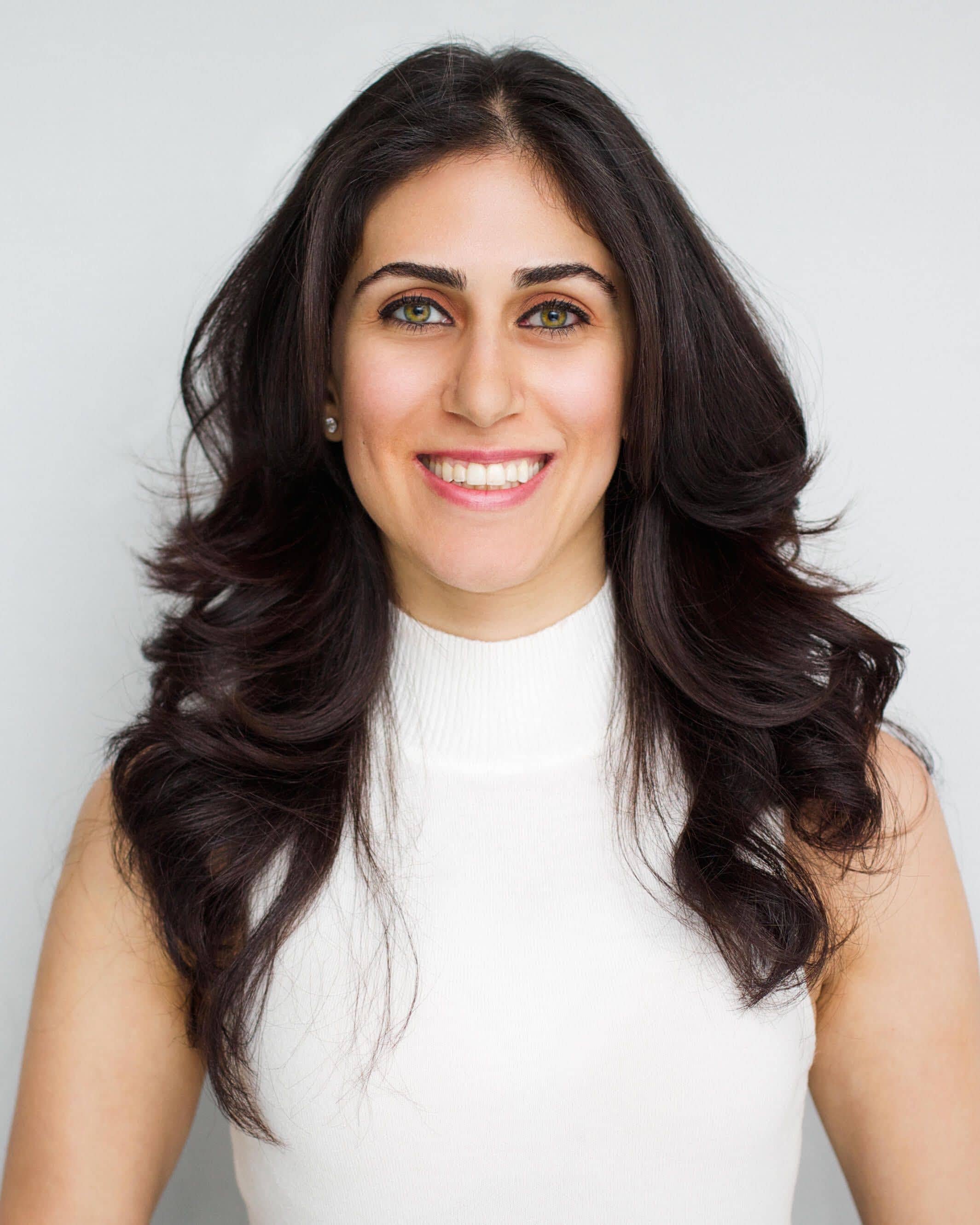How To Eat Healthy On A Budget? A Nutritionist Explains

Michelle Routhenstein is a Preventive Cardiology Dietitian, Registered Dietitian Nutritionist, and Certified Diabetes Educator who specializes in heart disease management and prevention. She has a Master of Science Degree in Clinical Nutrition and completed her nutrition dietetic training residency at New York University. She has over 10 years of experience counseling individuals and families on chronic disease prevention and management through personalized, science-based nutrition and lifestyle medicine. She has a thriving nutrition counseling and consulting private practice, in which she sees clients in her New York City office and virtually. To contact Michelle, you can visit her on her website, Entirely Nourished, or on Instagram. She recently published a cookbook called the Truly Easy Heart Healthy Cookbook, which is available on Amazon.
Why does eating healthy matter?
Nutrition goes way beyond weight loss. And it's tied to so many different chronic conditions from cardiovascular disease, cancer, lung disease, and diabetes.
We really want to focus on optimizing the controllable risk factors that have a significant amount of nutrition and lifestyle impact.
Knowing your numbers & evaluating your chronic disease risk
In many cases, your abdominal weight may be even more important than the number on the scale.
I encourage many of my clients to take their waist circumference by using a measuring tape (one that is soft) and line it up to where your belly button is. Just relax your stomach, don't suck in, put it over it very gently and read the number.
Your waist conference should be less than 35 inches for a woman and less than 40 inches for a man. It's not your pants size, it's above your pants size. This gives a really good idea of your chronic disease risk.
A lot of times we'll go to the doctor and they'll take a bunch of blood tests and they'll say everything looks fine, but the ranges are so broad- if you actually look over the results every couple of years, you might see some trends going up.
It's important to know your body mass index (BMI), which is your height-to-weight ratio. You can ask your doctor to explain these things to you; and if they're not, seek a health professional, who will. You should know your hemoglobin A1C, your lipid panel, blood pressure, and thyroid function.

Get affordable doctor copay without paying insurance premiums
Join 39,000 people and get Mira, the best alternative to traditional insurance. Enroll and use immediately. Plans start at only $45/mo.
Alyssa is a Senior Marketing Associate & Content Writer at Mira. She is passionate about educating others on how to affordably access healthcare.
